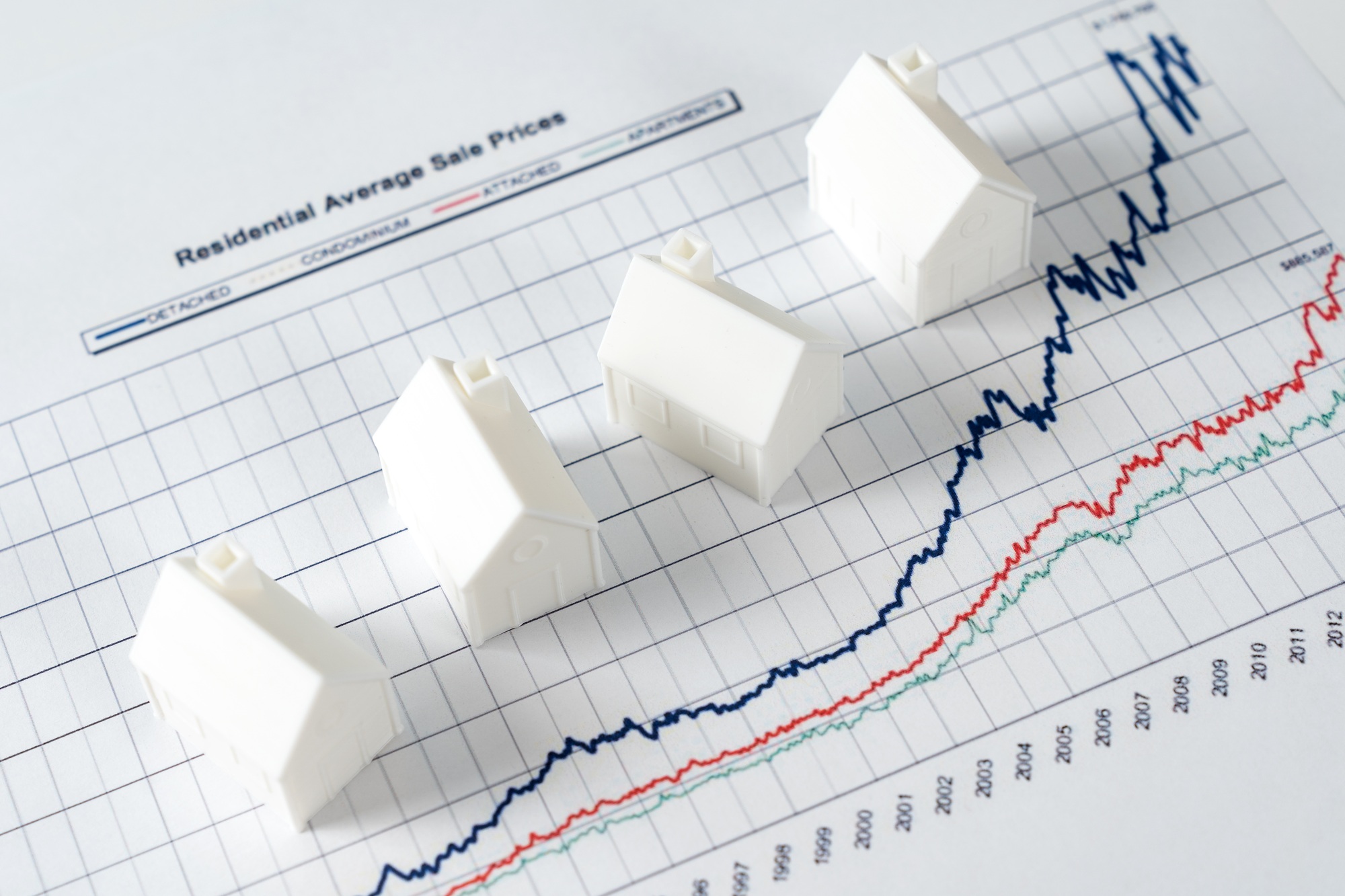The housing market continues to set new records as existing-home prices reach unprecedented levels, signaling a robust and competitive real estate environment.
Over recent months, the real estate sector has experienced rapid growth, driven by low mortgage rates, high buyer demand, and limited inventory. This trend has resulted in escalating home prices across various regions, making it increasingly challenging for first-time buyers and those with limited budgets to enter the market.
The latest data confirms that existing-home prices have shattered previous records, reflecting a significant increase from the same period last year. This surge is indicative of a seller’s market, where demand outweighs supply, leading to competitive bidding and higher sale prices.
Such record-breaking prices impact a broad spectrum of stakeholders, including homeowners, prospective buyers, real estate agents, and investors. Homeowners looking to sell are benefitting from the high prices, while buyers face increased affordability challenges. The trend also raises concerns about housing affordability and potential overheating of the market.
Economists and industry analysts have expressed varied reactions; some see this as a natural response to economic recovery post-pandemic, while others warn of potential risks such as price bubbles or market corrections if demand wanes.
Looking ahead, market watchers will be closely monitoring upcoming mortgage rate changes, economic indicators, and policy adjustments that could influence the trajectory of home prices. Attention will also be on new construction figures and inventory levels, which could help balance the market and stabilize prices.
What are the main factors driving the increase in home prices?
The primary factors include low mortgage rates, high demand from homebuyers, and limited existing inventory, creating a seller’s market that pushes prices upward.
How might rising home prices affect first-time buyers?
Rising prices can make it more difficult for first-time buyers to afford homes, potentially leading to increased demand for affordable housing options or government intervention.
What could slow down the price surge in the housing market?
An increase in mortgage rates, a slowdown in economic growth, or an increase in housing supply could help temper the rapid rise in home prices and stabilize the market.







